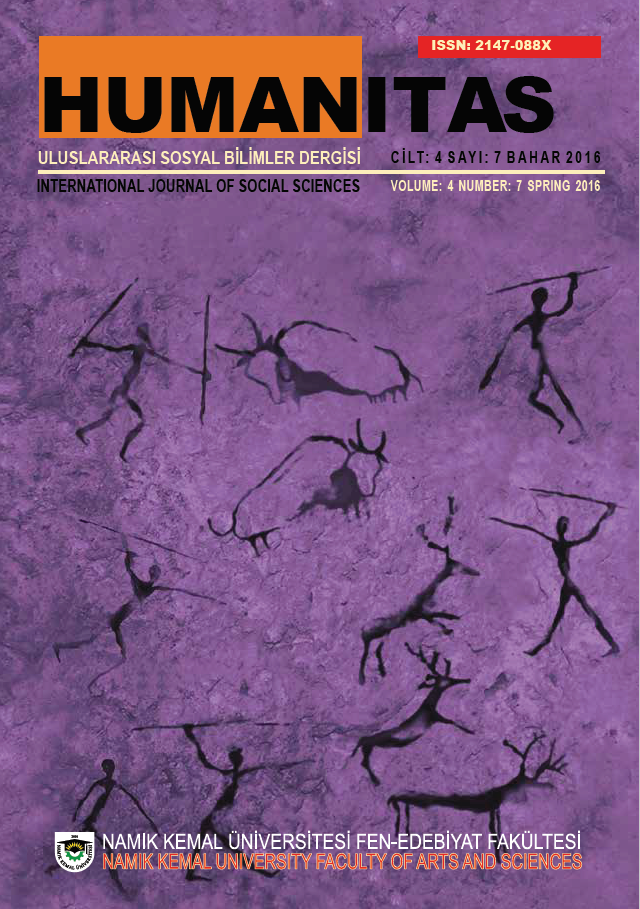DİNDARLIK-MUHAFAZAKÂR AİLE DEĞERLERİ İLİŞKİSİ
THE RELATION BETWEEN RELIGIOSITY-CONSERVATIVE FAMILY VALUES
Author(s): Şahin DoğanSubject(s): Sociology, Theology and Religion, Islam studies, Sociology of Culture, Sociology of Religion
Published by: Namık Kemal Üniversitesi Fen-Edebiyat Fakültesi
Keywords: Religiosity; Conservatism; Family; Conservative Attitude; Conservative Family Values
Summary/Abstract: The aim of this study is to investigate the attitudes of society towards conservative family values. A survey was conducted in 16 provinces of Turkey in February 2015. A face to face questionnaire was implemented to 1.404 people who were 18 years and over by using the random sampling method in these 16 provinces. In order to determine the factor structure of the data, exploratory factor analysis was applied and it was seen that the replies were gathered under two factors in the result of analysis. The first of these two factors is the “conservative family values” and the second factor is the “traditional female and male roles”. These two factors explain the 56,848% of the total variance. It is seen that there is not a significant difference in the gender based comparisons in terms of the attitudes of conservative family values; however, the scores of males are higher than of the females in terms of traditional female and male roles. When the level of faith and frequency of worship increase, the scores of the attitudes of conservative family values and traditional female and male roles significantly become distinct and increase. As the age increases, the attitudes of conservatism increase as well. As the level of education increases, the attitudes of conservatism decrease. The conservatism attitudes of the married ones are significantly higher than the conservatism attitudes of the single ones. It is seen that the ideal number of children is three and the irrevocable institution among the institutions is the institution of religion. The decisions concerning the family and the decisions related to the children in terms of education, choice of profession and their marriage are mostly made by the family. When they were asked how they see their level of conservatism between 1-10, the highest level was seen as 10 (16,2%). When it was questioned in terms of identity, the identity of piety (%20,5) became prominent. In the regression analysis it was realized that the most effective factor on the conservative attitudes was the issue of faith. The second effective factor was the frequency of religious rituals. As a result of the research it was determined that religiosity was the most effective factor on the conservative family values.
Journal: Humanitas - Uluslararası Sosyal Bilimler Dergisi
- Issue Year: 4/2016
- Issue No: 07
- Page Range: 159-188
- Page Count: 30
- Language: Turkish

